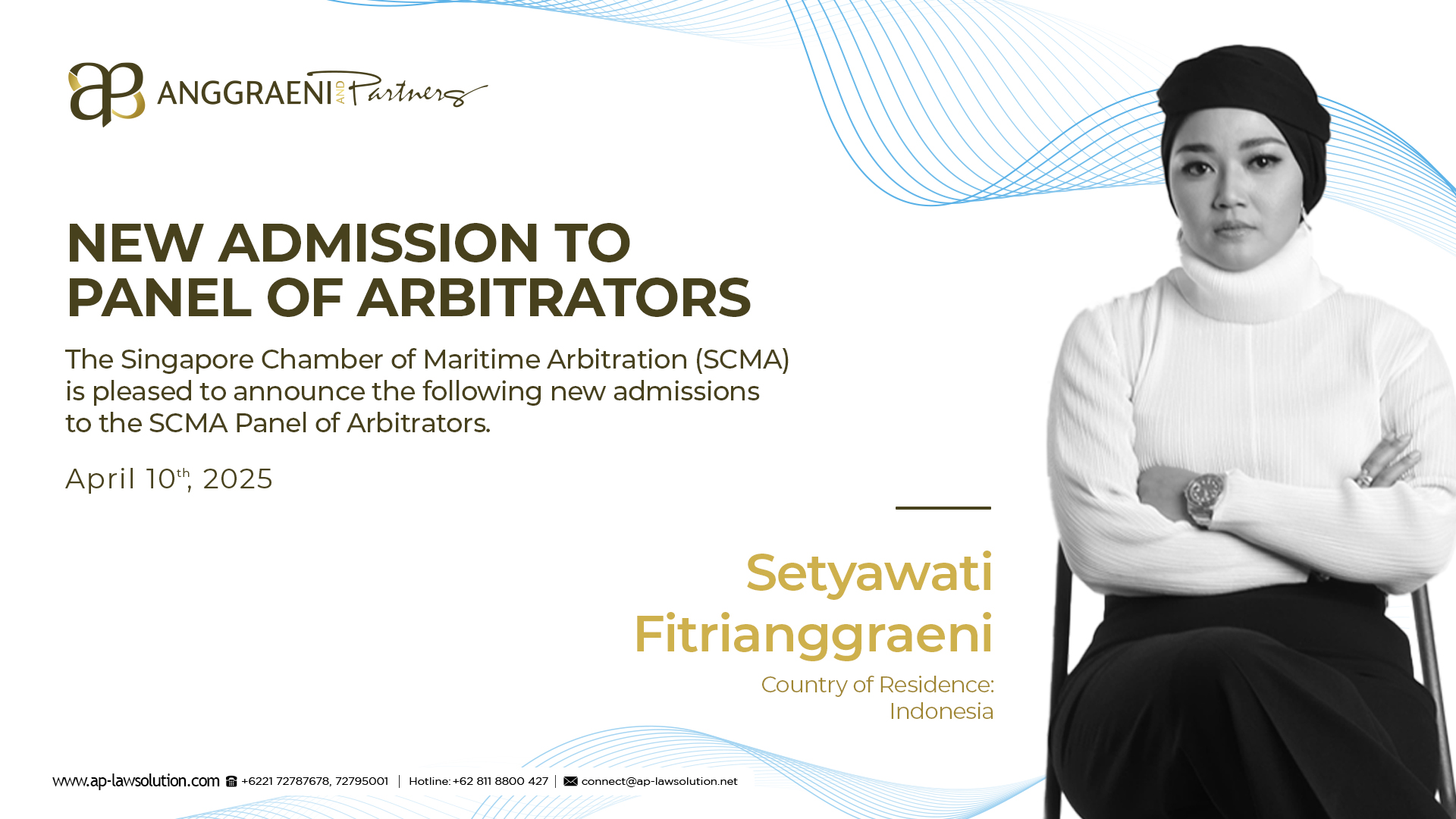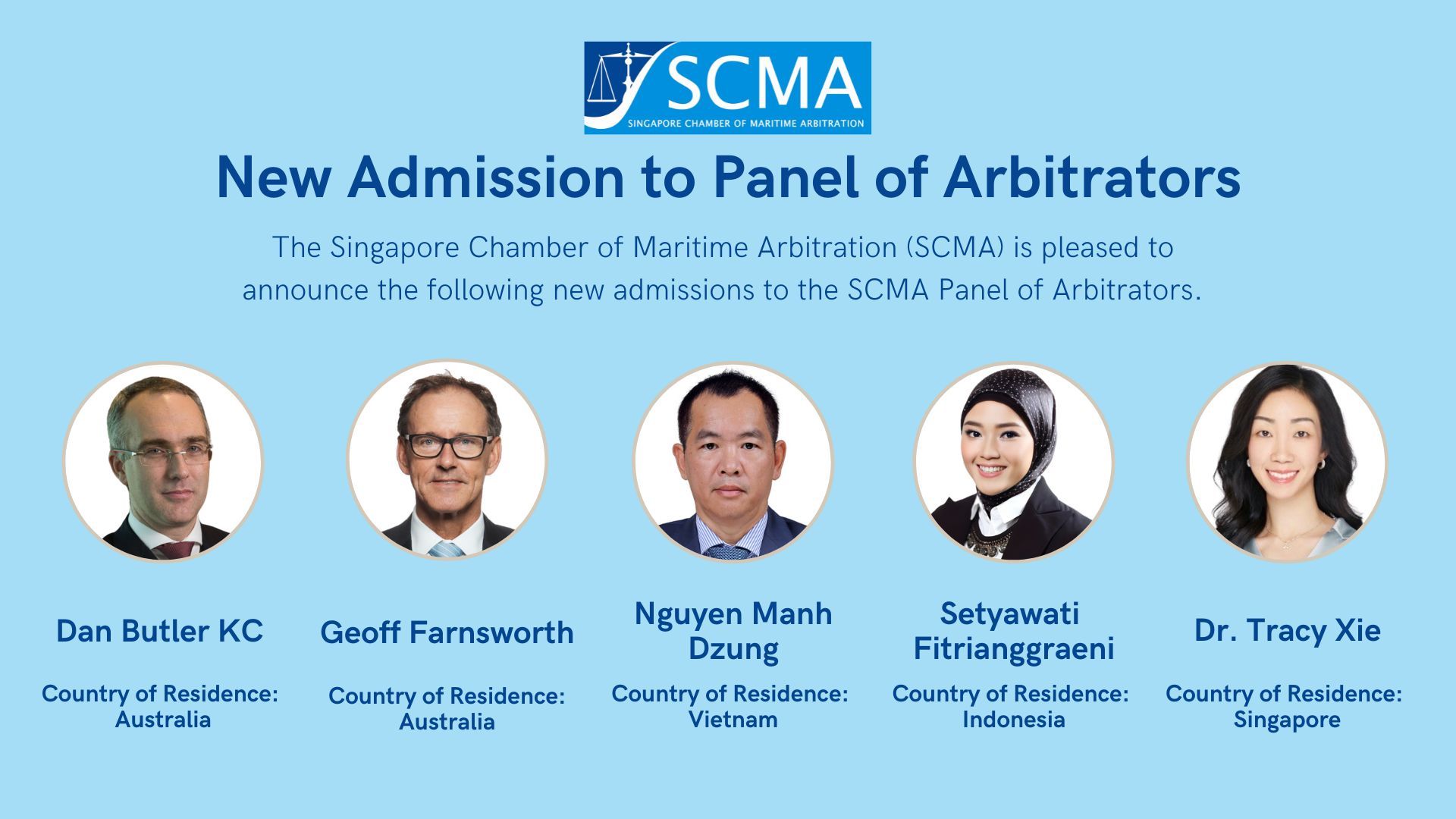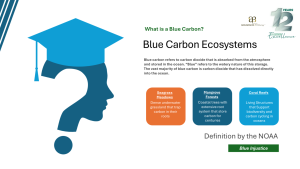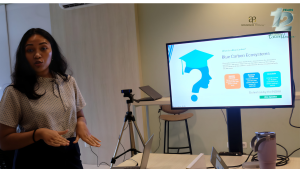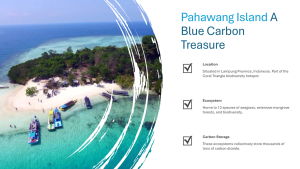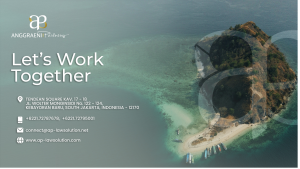Blue Carbon Governance: Insights from Pahawang Island by Orima Melati Davey of the Research Group Ocean Maritime Climate
As Indonesia’s role in global blue carbon markets grows, so does the importance of ensuring that climate action upholds principles of fairness and local empowerment.
Our recent knowledge-sharing session—“Blue Injustice in Pahawang Island”—was delivered by Orima Melati Davey, an associate researcher at our Legal Lab and member of the Research Group Ocean Maritime Climate. This discussion shed light on the risks and remedies involved in implementing blue carbon projects in coastal regions.
Blue carbon—the carbon captured by mangroves, seagrass beds, and tidal marshes—represents a major opportunity in climate mitigation. However, without appropriate safeguards, these projects may unintentionally sideline the very communities that sustain these ecosystems.
Orima Davey is a Master of Laws graduate from Universitas Lampung with deep specialization in law of the sea and marine environmental issues. She previously interned at the International Tribunal for the Law of the Sea (ITLOS) in Hamburg and presented her work on marine debris and climate change at the United Nations Headquarters during the 1st Women in the Law of the Sea (WILOS) Conference. She is also co-founder of the Lampung Sweeping Community, and an active researcher-advocate for GISLI (Gerakan Ingat Selamat Layar Indonesia).
From her session she share that, four pillars emerged to guide equitable and effective blue carbon governance:
-
Free, Prior, and Informed Consent (FPIC)
Communities must be consulted meaningfully before any intervention begins—both ethically and under frameworks like the Nagoya Protocol. -
Transparent Benefit-Sharing Mechanisms
Economic gains from carbon credit sales must be distributed fairly through participatory and accountable structures. -
Community Co-Management
Local organizations and traditional ecological knowledge should be central in managing and monitoring blue carbon ecosystems. -
Legal Coordination & Institutional Oversight
Projects must be aligned with national registries (SRN-PPI), ministerial authorities, and sustainable marine policy.
Pahawang Island’s example reflects a broader truth: climate solutions must work with communities, not around them. Only by embedding equity into every step of project design can Indonesia lead a truly just blue carbon transition.
If your organization is exploring blue carbon credits, marine ecosystem financing, or coastal community governance models, our legal and research teams are ready to collaborate.
DISCLAIMER :
This disclaimer applies to the publication of articles by Anggraeni and Partners. By accessing or reading any articles published by Anggraeni and Partners, you acknowledge and agree to the terms of this disclaimer:
During the preparation of this work, the author(s) may use AI-assisted technologies for readability. After using this tool/service, the author(s) reviewed and edited the content as needed for the purposes of the publication.
No Legal Advice: The articles published by Anggraeni and Partners are for informational purposes only and do not constitute legal advice. The information provided in the articles is not intended to create an attorney-client relationship between Anggraeni and Partners and the reader. The articles should not be relied upon as a substitute for seeking professional legal advice. For specific legal advice tailored to your individual circumstances, please consult a qualified attorney.
Accuracy and Completeness: Anggraeni and Partners strive to ensure the accuracy and completeness of the information presented in the articles. However, we do not warrant or guarantee the accuracy, currency, or completeness of the information. Laws and legal interpretations may vary, and the information in the articles may not be applicable to your jurisdiction or specific situation. Therefore, Anggraeni and Partners disclaim any liability for any errors or omissions in the articles.
No Endorsement: Any references or mentions of third-party organizations, products, services, or websites in the articles are for informational purposes only and do not constitute an endorsement or recommendation by Anggraeni and Partners. We do not assume responsibility for the accuracy, quality, or reliability of any third-party information or services mentioned in the articles.
No Liability: Anggraeni and Partners, its partners, attorneys, employees, or affiliates shall not be liable for any direct, indirect, incidental, consequential, or special damages arising out of or in connection with the use of the articles or reliance on any information contained therein. This includes but is not limited to, loss of data, loss of profits, or damages resulting from the use or inability to use the articles.
No Attorney-Client Relationship: Reading or accessing the articles does not establish an attorney-client relationship between Anggraeni and Partners and the reader. The information provided in the articles is general in nature and may not be applicable to your specific legal situation. Any communication with Anggraeni and Partners through the articles or any contact form on the website does not create an attorney-client relationship or establish confidentiality.
By accessing or reading the articles, you acknowledge that you have read, understood, and agreed to this disclaimer. If you do not agree with any part of this disclaimer, please refrain from accessing or reading the articles published by Anggraeni and Partners.
For further information, please contact:
P: 6221. 7278 7678, 72795001
H: +62 811 8800 427
Anggraeni and Partners, an Indonesian law practice with a worldwide vision, provides comprehensive legal solutions using forward-thinking strategies. We help clients manage legal risk and resolve disputes on admiralty and maritime law, complicated energy and commercial issues, arbitration and litigation, tortious claims handling, and cyber tech law.
S.F. Anggraeni
Managing Partner
Orima Melati Davey
Legal Researcher
Ocean-Maritime-Climate Research Group
